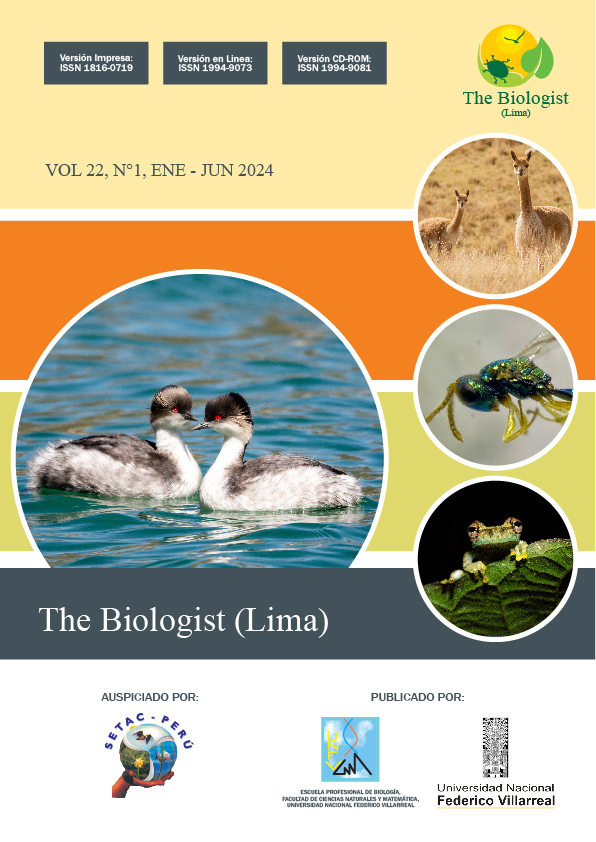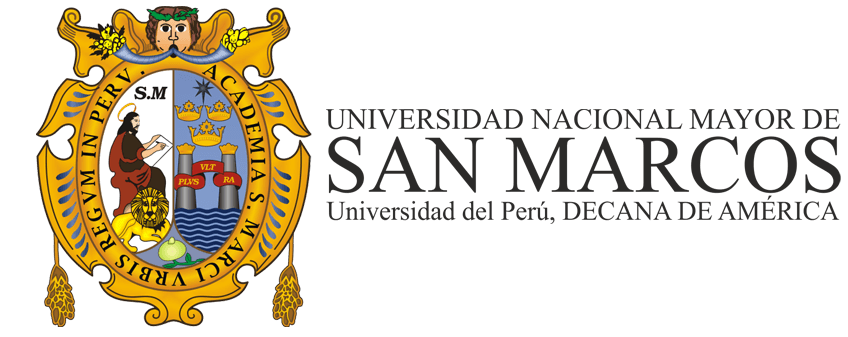Environmental education in ecological restoration
DOI:
https://doi.org/10.62430/rtb20242211756Keywords:
ecological awareness, conservation, environmental responsibility, natural resources, protected ecosystemsAbstract
The educational system must train people responsible for the care and preservation of ecosystems. When there is environmental education in the population, then the awareness towards the implementation of programs and projects is more adequate, the exchange of knowledge dialogues is responsible and community participation becomes a priority. Th e objective of the study was to describe environmental education in ecological restoration. Ethical and axiological questions are assessed in the relationship between environmental education and ecological restoration. Likewise, it is indicated from the conceptualization of environmental economics and ecological economics, a new base infl uence to make environmental education responsible for ecological restoration. Environmental education as a process suggests the obligation to show awareness towards the care of natural resources, while ecological restoration again facilitates ecosystem services. It is concluded that environmental education in ecological restoration promotes interest in the interdependence and interconnection with natural resources efficiently. Together, they contribute to the well-being and sustainable enjoyment of the unitary values of each resource as a heritage of natural identity.
Downloads
Published
How to Cite
Issue
Section
License

This work is licensed under a Creative Commons Attribution-NonCommercial-NoDerivatives 4.0 International License.
Objeto: El AUTOR-CEDENTE transfiere de manera TOTAL Y SIN LIMITACIÓN alguna al CESIONARIO (Revista The Biologist (Lima)) los derechos patrimoniales que le corresponden sobre sus obras por el tiempo que establezca la ley internacional. En virtud de lo anterior, se entiende que el CESIONARIO adquiere el derecho de reproducción en todas sus modalidades, incluso para inclusión audiovisual; el derecho de transformación o adaptación, comunicación pública, traducción, distribución y, en general, cualquier tipo de explotación que de las obras se pueda realizar por cualquier medio conocido o por conocer en el territorio nacional o internacional.
Remuneración: La cesión de los derechos patrimoniales de autor que mediante este contrato se hace será a título gratuito.
Condiciones y legitimidad de los derechos: El AUTOR-CEDENTE garantiza que es propietario integral de los derechos de explotación de la(s) obra(s) y en consecuencia garantiza que puede contratar y transferir los derechos aquí cedidos sin ningún tipo de limitación por no tener ningún tipo de gravamen, limitación o disposición. En todo caso, responderá por cualquier reclamo que en materia de derecho de autor se pueda presentar, exonerando de cualquier responsabilidad al CESIONARIO.
Licencia de acceso abierto: El AUTOR-CEDENTE autoriza que manuscrito publicado en la Revista Científica The Biologist (Lima) (versión Impresa ISSN 1816-0719, versión en línea ISSN 1994-9073) permanece disponible para su consulta pública en el sitio web http://revistas.unfv.edu.pe/index.php/rtb/index y en los diferentes sistemas de indexación y bases de datos en las que la revista tiene visibilidad, bajo la licencia Creative Commons, en la modalidad Reconocimiento-No comercial- Sin Trabajos derivados –aprobada en Perú, y por lo tanto son de acceso abierto. De ahí que los autores dan, sin derecho a retribución económica, a la Escuela Profesional de Biología, Facultad de Ciencias Naturales y Matemática de la Universidad Nacional Federico Villarreal (EPB - FCCNM - UNFV), los derechos de autor para la edición y reproducción a través de diferentes medios de difusión.









































